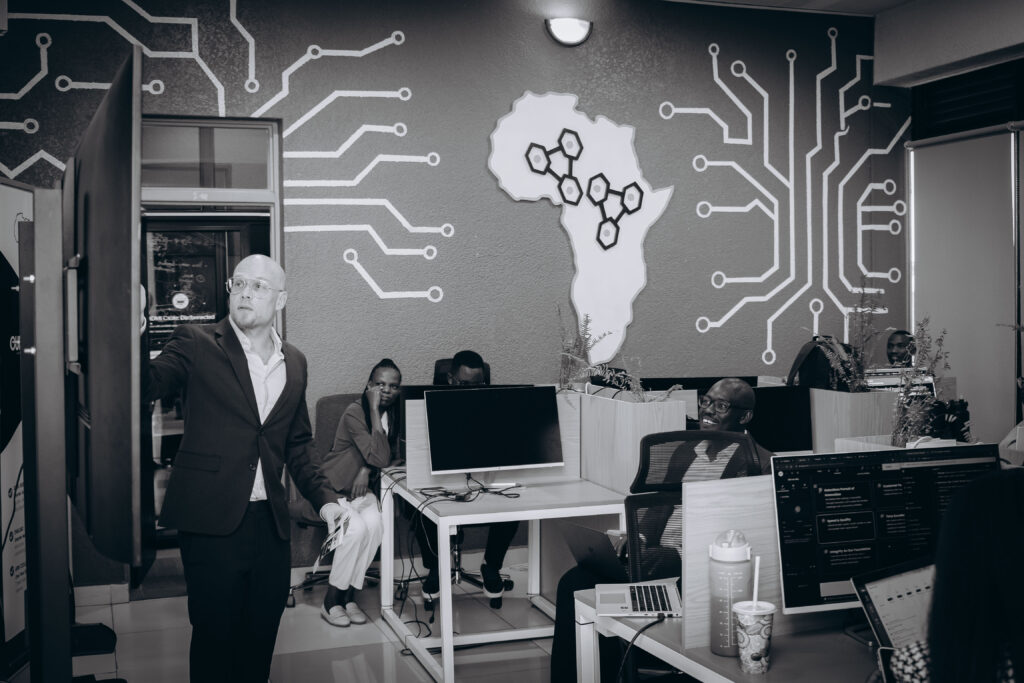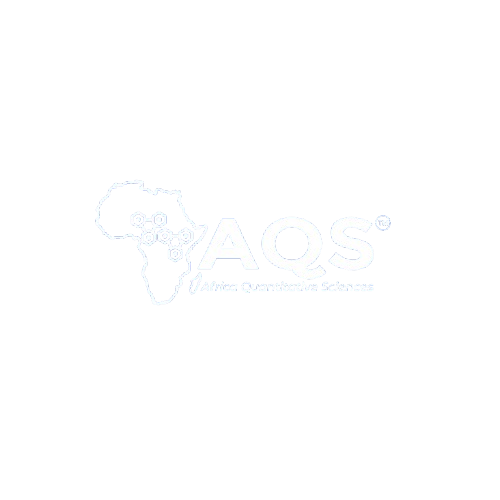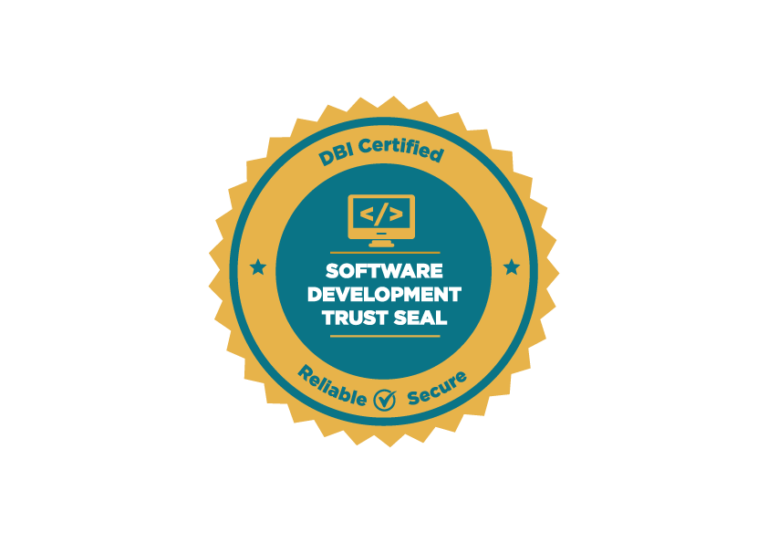By Boris Ruganintwari, MEAL Lead at Africa Quantitative Sciences (AQS)
When Boris Ruganintwari, MEAL Lead at Africa Quantitative Sciences, walked into the halls of the International Conference on Primary Health Care (ICPHC), he wasn’t just attending another global meeting. He was stepping into a gathering of minds determined to reimagine how health systems serve people — not in theory, but in action.
The conference brought together voices from across Africa and beyond, each reflecting on the same question: What does it take to make primary health care work for everyone? For Boris, what stood out most was the shift in tone. It wasn’t just about policy or infrastructure. It was about people.
“What drew me to this conference was seeing how countries are putting primary health care at the forefront by empowering providers and involving multiple sectors,” Boris shared. “Health is not just the responsibility of the Ministry of Health. It’s about economic stability, food systems, infrastructure, and education. True transformation happens when everyone plays a part.”
This perspective resonated deeply. For too long, the conversation around health has focused on access to medicine rather than the environments that shape health in the first place. As Boris reflected, “When people can’t afford nutritious food, that’s not just a health problem. It’s an economic one.”
From Evidence to Implementation
When Boris took the stage as a speaker, his message was both simple and bold: every digital health intervention must be guided by evidence.
“Implementation without research leaves gaps,” he said. “We often rush to deploy tools or systems before asking if they fit the community, if they are sustainable, or if they actually solve the problem we set out to fix.”
His words echoed across the room. In an age of rapid innovation, where technology often races ahead of context, this call for reflection felt urgent. It reminded everyone that progress isn’t just about speed — it’s about purpose.
The Human Context of Data and AI
As conversations turned toward artificial intelligence, Boris brought a refreshing perspective. Rather than echoing the global excitement around AI, he asked the harder question — relevance for whom?
“AI is powerful, but it must be local,” he explained. “We can’t rely on models trained on data from different realities. Our communities deserve solutions built on our own data, our own stories. When we feed our data into these systems, they begin to see us, understand us, and serve us.”
At AQS, this belief is foundational. Data is not abstract — it represents lives, families, and decisions. It must be handled with responsibility, accuracy, and care.
Rwanda’s Model of Connection
Among the many discussions at ICPHC, Rwanda’s journey stood out as a story of integration and intentionality. The country’s approach to digital health — where systems are designed to communicate with each other through a shared information exchange — reflects the vision of a unified health experience.
“In Rwanda, we’re moving toward one patient, one record,” Boris said. “It’s not about tools working in isolation but about creating a seamless system where data follows the person. That’s how care becomes efficient, consistent, and human.”
This approach, he noted, offers valuable lessons for other nations: innovation doesn’t have to be imported. It can be built, adapted, and perfected from within.
Collaboration Beyond Boundaries
While the conference celebrated progress, Boris also highlighted a gap that remains. Governments are increasingly open to collaboration, but meaningful partnerships with the private sector are still evolving.
“There’s growing recognition that the private sector plays a critical role,” he said. “But there’s still a need for more dialogue — spaces where government institutions can see what organizations like AQS are capable of delivering, and where innovators can align with national priorities.”
This bridge between innovation and policy, he believes, is where transformation truly happens. It’s where good ideas become national systems, and pilots become practice.
A Call to Document and Learn
As the sessions came to a close, Boris shared a final reflection that felt less like a conclusion and more like a challenge.
“There’s so much incredible work happening across Africa, but too much of it remains undocumented,” he said. “We need to study not only what works but how it works. When we capture those lessons, we help others avoid the same mistakes and move faster toward impact.”
It’s a call that goes to the heart of what AQS stands for — using data not just to describe progress, but to guide it.
Looking Forward
For AQS, Boris’s reflections at the ICPHC are more than conference highlights. They represent a larger truth about where Africa’s health systems are heading — toward evidence, collaboration, and intentional growth.
For a young organization that has navigated its own pivots, challenges, and evolution, contributing to global conversations like this is both humbling and affirming. It’s a reminder that even as technology advances, the heart of progress remains human.
As Boris put it best, “Primary health care isn’t a destination. It’s a shared journey — one that demands empathy, courage, and data that tells the truth.”





